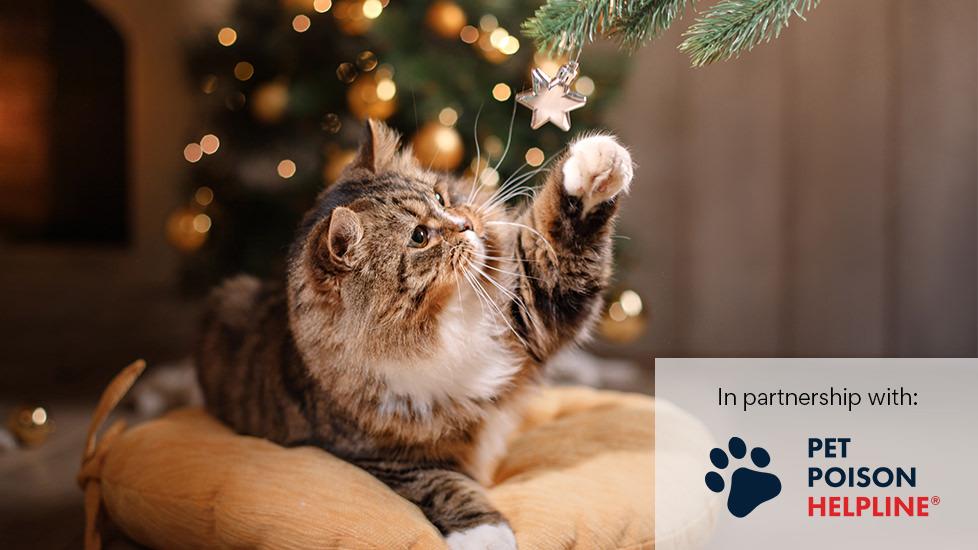 As a pet expert, it is crucial to educate cat owners about the dangers that holiday plants can pose to their feline friends. While these decorative elements may add festive cheer to our homes, they can be poisonous if ingested by cats. Here are six of the most common holiday plants that you should keep away from your curious kitties:
As a pet expert, it is crucial to educate cat owners about the dangers that holiday plants can pose to their feline friends. While these decorative elements may add festive cheer to our homes, they can be poisonous if ingested by cats. Here are six of the most common holiday plants that you should keep away from your curious kitties:
-
Holly – This plant’s bright red berries and shiny leaves often adorn wreaths and garlands during Christmas. However, holly contains saponins, which can cause vomiting, diarrhea, drooling, and even gastrointestinal irritation in cats.
-
Mistletoe – Often found hanging above doorways, mistletoe is another popular holiday decoration that can be dangerous for cats. It contains phoratoxin, which can lead to digestive issues, confusion, and in severe cases, seizures or heart problems.
-
Poinsettia – Despite its widespread reputation as being highly toxic, poinsettias typically only cause mild stomach upset in pets. However, it’s still best to avoid any potential risk and keep them out of reach.
-
Amaryllis – These showy flowers are a staple in many households around the holidays but contain lycorine alkaloids that can irritate a cat’s mouth, esophagus, and stomach, potentially leading to nausea and vomiting.
-
Lilies (including Peace Lilies) – Many lily varieties are extremely toxic to cats, including those commonly used as decorations. They can cause kidney failure within days of consumption, so it’s essential to remove all lilies from your home.
-
Christmas Cactus – Although not as harmful as some other holiday plants, christmas cacti can still cause gastrointestinal distress such as vomiting and diarrhea if consumed by cats.
To ensure the safety of your beloved pet this holiday season, follow these tips:
- Keep all holiday plants well out of reach on high shelves or in closed rooms where cats cannot access them.
- If you suspect your cat has ingested any part of one of these plants, monitor them closely for signs of toxicity and contact your veterinarian immediately. Early intervention can make a significant difference in treatment outcomes.
- Consider alternatives to traditional holiday greenery that are non-toxic and safe for your furry companions. Silk or plastic plants can provide aesthetic value without posing a health threat.
By taking proactive steps to protect your cat from accidental poisoning, you can help create a joyful and healthy holiday season for both you and your feline friend.
